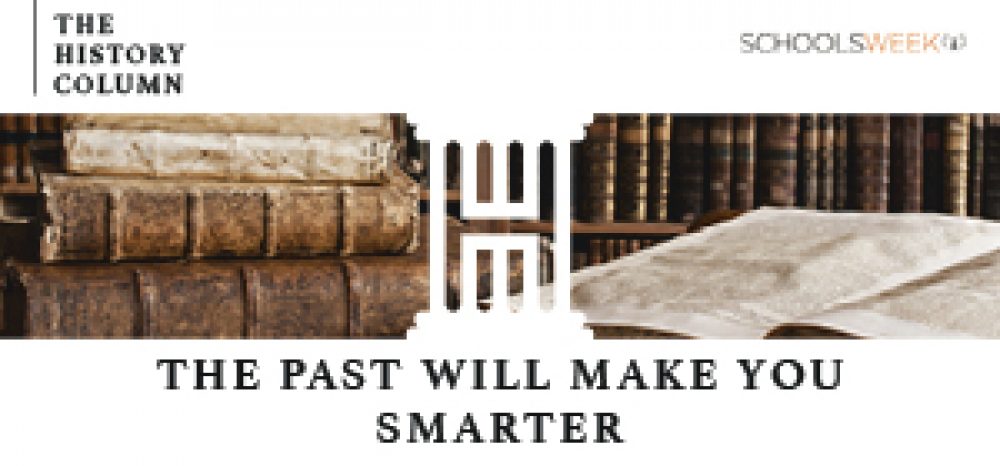Geoff Barton has emerged as victor in the battle for the coveted general secretary post at the Association of School and College Leaders. He takes over from interim general secretary Malcolm Trobe, who took over from Brian Lightman, who took over from John Dunford.
In a world where we increasingly worry about women’s place in leadership, one might raise an eyebrow at this succession of men taking the lead trade union role. Yet, it hasn’t always been this way.
ASCL’s history traces back to the Association of Headmistresses, started by Frances Buss and Dorothea Beale – pioneers of women’s education.
If you think we are in extraordinary political times today, spare a thought for Dorothea Beale who, after being sent to school in Paris in 1847 at 16, found herself in the 1848 revolution and escaped to London just in time to avoid bloody uprisings in the street.
She attended a school in Harley Street and there met Frances Buss who attended evening classes while helping her mother to set up a private school to fund her father’s unsuccessful artistic endeavours.
The report notes the evidence from several contributors that women struggled more with maths
Later, Buss would take over the school, which changed its name to North London Collegiate School and which still exists today. She titled herself the “headmistress” – a phrase she is credited with creating – and stayed in post throughout her career.
Meanwhile, Beale went on to head the Ladies’ College in Cheltenham, taking it from admitting 80-something pupils to well over 500.
Both publicly pushed the government to take girls’ education as seriously as that of boys. Both were invited to give evidence at an education committee inquiry in 1865 (yes, the committee process we report on each week is that old), and in 1869 Beale wrote Reports on the Education of Girls to accompany the inquiry.
It is a wonderfully rich report that reads like a Dickens novel.
“Mr Giffard found that girls ‘spell better, read better, write from dictation better, master the facts of history and geography better than boys; but translate, analyse, and parse worse, are not so quick and accurate in arithmetic, algebra, and Euclid, and less able to deal with themes and general questions’.” Or, “according to Mr Fitch, they are better in reading, in English exercises, often in history, in religious knowledge; in all else worse.” And “Mr Hammond pronounced their reading, spelling, arithmetic, and grammar unsatisfactory; the history superficial; the geography somewhat better; English composition successful.”
The report notes the evidence from several contributors that women struggled more with maths. Although, from the vantage of 150 years later, it appears this struggle was likely only relative to how well girls were performing at their other subjects and not relative to boys’ achievements.
Beale also used data to support her view that girls deserved a better deal. Experiments held at universities in the mid-1800s allowed girls to sit the same exam papers as boys before blind-marking them. The girls held their own; in many cases, they excelled.
The two helped found the Association of Headmistresses in 1874 to push for more girls’ education, with Buss taking the lead as president for over two years, until her death on Christmas eve in 1894. She was 67.
Beale lived a further 12 years and died aged 75. At the time she was still working as a principal, her 48th year in the role.







Your thoughts